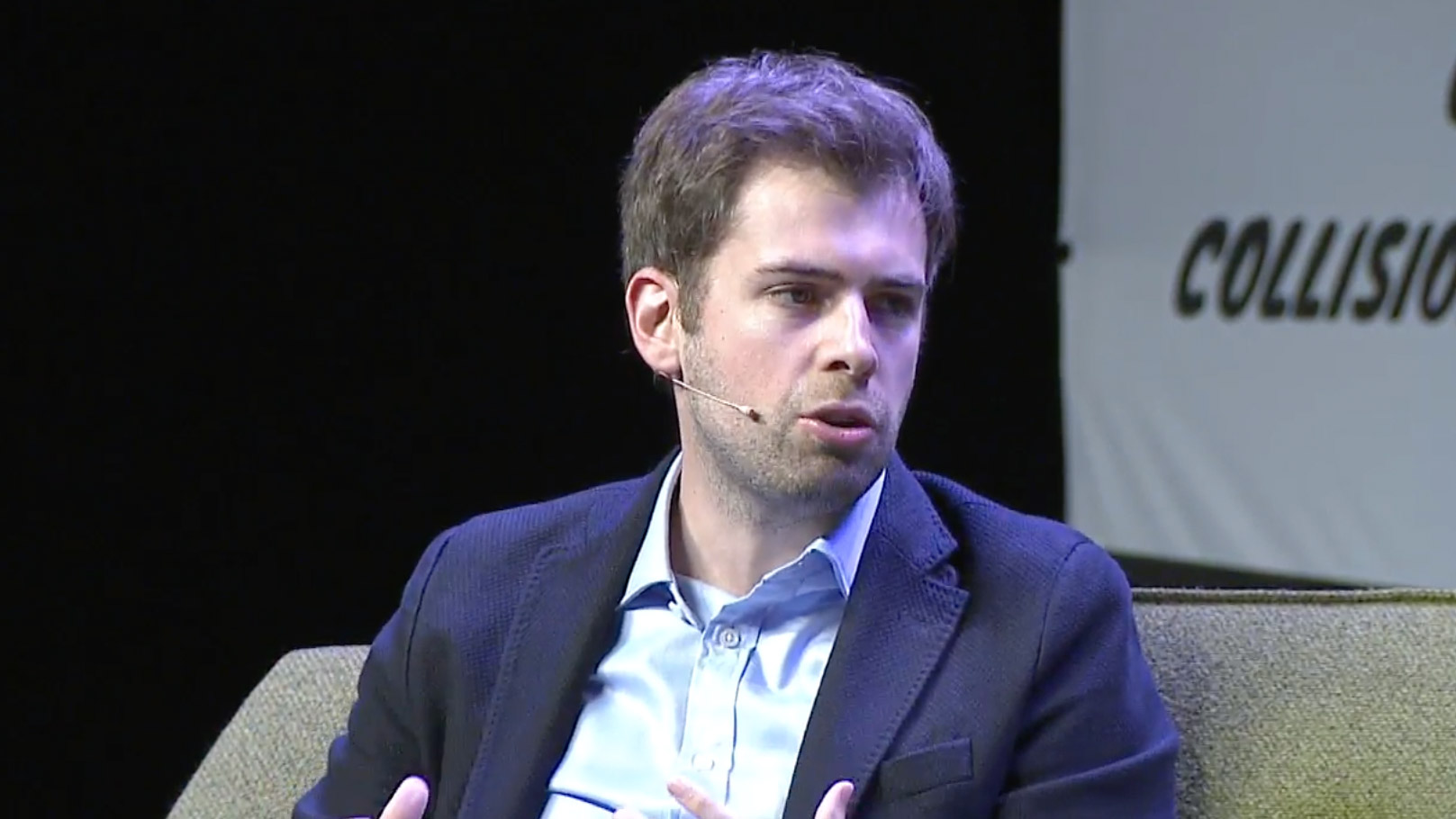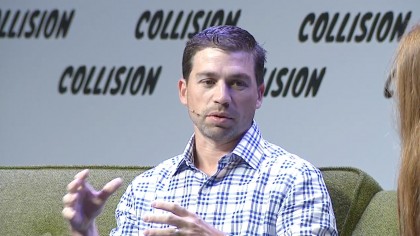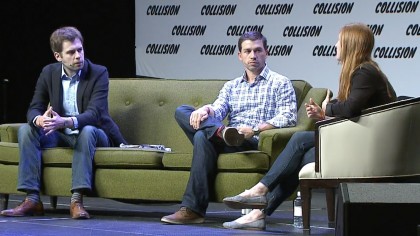The on-demand economy deserves a portable benefits system (and a new name)
Legislation needs to catch up

Sign up for breaking news, reviews, opinion, top tech deals, and more.
You are now subscribed
Your newsletter sign-up was successful
The on-demand economy desperately needs a new name. That is, of course, if you ask Oisin Hanrahan, the CEO and co-founder of Handy. Handy is one of many companies that have erupted in popularity as services have become instantly bookable online and through apps, promising home cleaning services, handymen and plumbers that can be reserved "in less than 90 seconds." I cringe to say it, but for simplification purposes, he runs the Uber of home services.
He sat on stage at Collision Conference in New Orleans alongside Brian O'Malley (a Partner at Accel Partners) and Christina Bonnington (Technology Editor at Refinery29), discussing the legal issues that have mired the app-based economy and the struggle for regulations to catch up. Hanrahan noted that "on-demand economy" was a poor term for the marketplace, and added that "trying to fill services on-demand is the hardest part of this."
"We're really missing so much by calling this the on-demand economy," suggesting that a large portion of those who work off and on through these services are doing so to garner incremental revenue. "You've got retirees and veterans, for example, that just want to fill their time with something. It used to be that you'd have to apply, attend an interview, etc. Now, you just show up to work, and the quality of that work largely determines how much of it finds you."
Work for The Man? Pshaw.

His points really drive home a larger truth: we're living in a world where fewer people will tolerate being owned by The Man for 40+ hours a week, and it's something we should rightly celebrate. "The idea of a 40-hour work week, where someone else dictates your schedule, is such an old concept," said Hanrahan. "There's no other way to voluntarily work a couple of hours and get paid for it. When people think about an extra $100 or $200 per week, and how it can impact their family, that opportunity is really impressive."
At issue, of course, is how these workers are classified. Particularly in the United States, where there's effectively no social safety net, many workers are pressured to find full-time work, even if they hate it, simply to gain access to subsidized healthcare, education, and a few days of vacation. It's a pretty awful system, if I'm honest, and on-demand players have come under fire for categorizing their part-time workers as... well, part-time workers.
Many of these workers aren't privy to full-time benefits, but therein lies the rub: should we expect new job platforms to adapt to archaic regulations, or should we build new ways to issue benefits that take our modern working society into account? If you ask both Hanrahan and O'Malley, they'd argue for the latter.
Portable bennies

Hanrahan's key idea is that of a "portable benefits system." I'll let him take it from here: "This idea that your benefits are linked to your employer is such an old idea. It just doesn't make sense when they're working part-time here, a side project here, etc. It's not just a 1099 problem; it exists in the W-2 world as well.
Sign up for breaking news, reviews, opinion, top tech deals, and more.
What if you could buy hourly benefits completely independent of employment? The definition of paid disability would change -- [it would create] really, really big challenges to work out. We have to create access to benefits, education, and training for people are choosing to work in a part-time way. Litigation is not the answer. Other than lawyers, no one is winning in the current litigation war."
His answer is to "solve this using legislation," where we'd "create an environment where people have access to benefits, and yet the platforms [like Uber and Handy] still work."
I'd agree, but making it affordable (and really, who decides that?) would be the biggest challenge of all.
